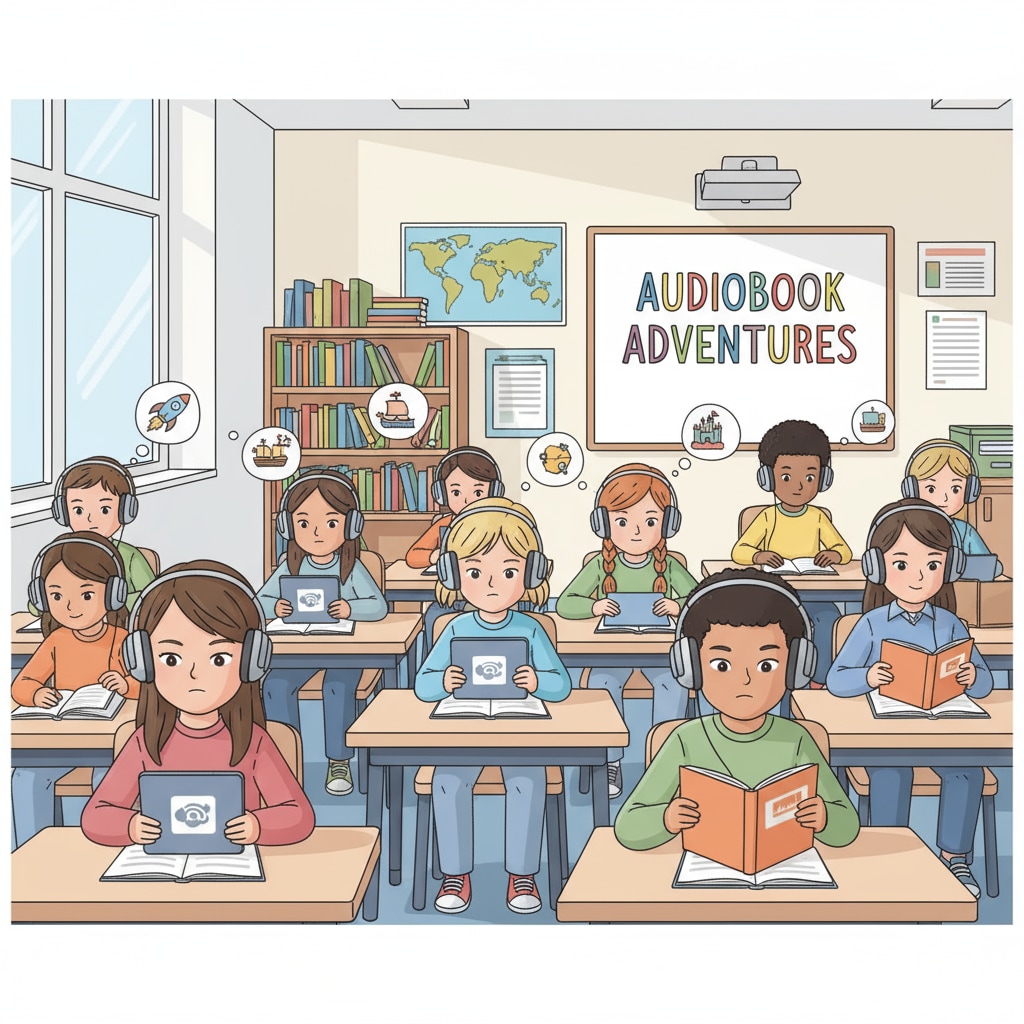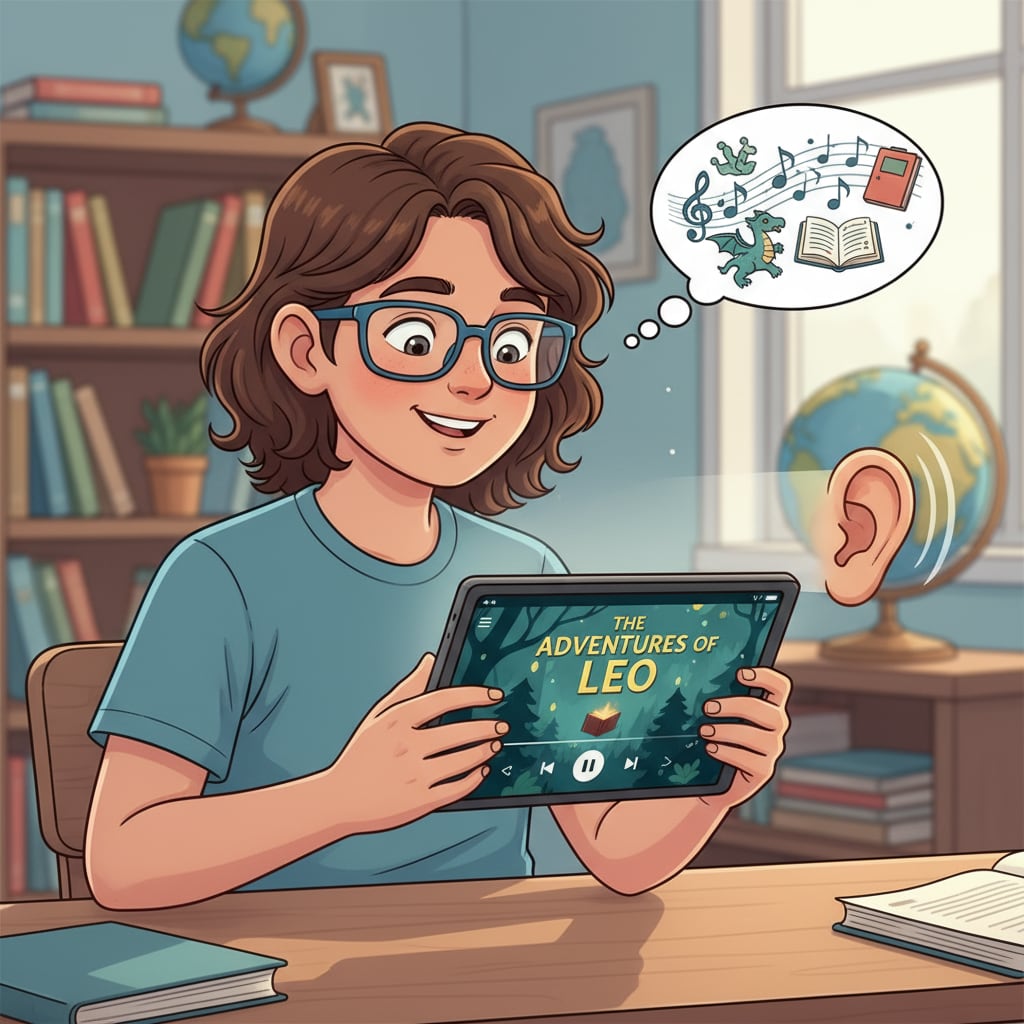In the realm of middle school Chinese education, the question of whether audiobooks can serve as a suitable alternative to traditional reading has sparked a lively debate. This discussion involves aspects such as audiobooks, reading abilities, and Chinese language education. As technology advances, audiobooks have become increasingly popular, leading educators and parents to consider their potential in enhancing students’ learning experiences.

However, it’s essential to understand the implications of this shift.
The Rise of Audiobooks in Education
Audiobooks have witnessed a remarkable surge in popularity in recent years. With the convenience of mobile devices, students can access a vast library of audiobooks anytime, anywhere. For example, platforms like Audible offer a wide range of Chinese literary works in audiobook format. This accessibility has made audiobooks an attractive option for students who may have difficulty with traditional reading, such as those with learning disabilities or visual impairments. In addition, audiobooks can be a useful tool for multitasking, allowing students to listen while engaged in other activities like exercising or commuting. Audiobook on Wikipedia

Cognitive Development: Audiobooks vs. Traditional Reading
When it comes to cognitive development, there are distinct differences between audiobooks and traditional reading. Traditional reading requires readers to engage with the text visually, decoding words, and constructing meaning. This process stimulates various cognitive functions, including attention, memory, and critical thinking. On the other hand, listening to audiobooks is a more passive activity. While it can improve listening comprehension, it may not provide the same level of cognitive engagement as traditional reading. For instance, when reading a complex Chinese poem, the physical act of reading allows students to pause, reflect, and analyze the language nuances more effectively. Reading Education on Britannica
Readability guidance: The above paragraphs discuss the rise of audiobooks and the cognitive differences between audiobooks and traditional reading. By using examples and making comparisons, the points are clearly presented. Transition words like “however”, “for example”, and “in addition” are used to enhance the flow of the text.
Reading Ability Cultivation
Developing strong reading abilities is a crucial aspect of middle school Chinese education. Traditional reading plays a fundamental role in this process. It helps students improve their vocabulary, grammar, and writing skills. Through reading, students are exposed to different writing styles and can learn how to structure sentences and paragraphs effectively. In contrast, audiobooks may not be as effective in cultivating these skills. Since students are not actively looking at the text, they may miss out on important visual cues that aid in language learning. For example, seeing the correct spelling of words and the punctuation used can enhance understanding and retention.
Educational Equity Considerations
Audiobooks can contribute to educational equity in some ways. They provide an alternative for students who face barriers to traditional reading, ensuring that they have access to educational resources. However, there are also concerns. Not all students have equal access to the technology required to listen to audiobooks. Additionally, some students may find it difficult to focus while listening, which could put them at a disadvantage. Therefore, while audiobooks can be a valuable addition, they should not replace traditional reading as the primary method of instruction.
In conclusion, while audiobooks offer certain advantages in middle school Chinese education, they cannot fully replace traditional reading. Educators should embrace the benefits of audiobooks as a supplementary resource while recognizing the irreplaceable role of traditional reading in cultivating students’ core competencies related to audiobooks, reading abilities, and Chinese language education. By providing a balanced approach, we can ensure that students receive a well-rounded education that nurtures their reading skills and love for the Chinese language.


